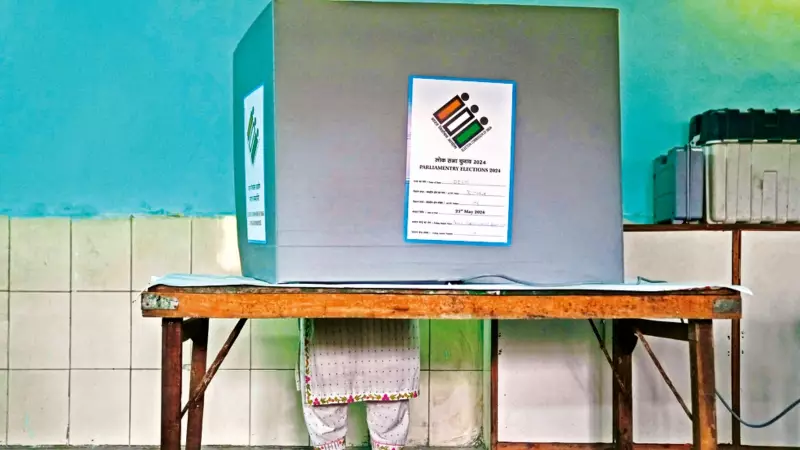
The political atmosphere in Mumbai has heated up dramatically as opposition parties launched scathing criticism against the State Election Commission (SEC) for declaring civic body elections without addressing critical issues in the voter list. The controversy centers around what opposition leaders call a "rushed decision" that could compromise electoral integrity.
Allegations of Government Pressure
Opposition representatives have made serious allegations, claiming the SEC is functioning under "tremendous pressure" from the state government. They argue that the commission's timing appears deliberately calculated to favor the ruling establishment, raising questions about the independence of electoral authorities.
The Core Issue: Flawed Voter Database
At the heart of the controversy lies the incomplete cleanup of Mumbai's voter list. Opposition parties highlight several critical problems:
- Duplicate entries allowing potential multiple voting
- Names of deceased individuals still on electoral rolls
- Missing names of eligible voters
- Incorrect addresses and demographic information
These issues, they contend, create opportunities for electoral manipulation and undermine the fundamental principle of free and fair elections.
Political Reactions and Demands
Leaders from various opposition parties have united in their condemnation of the SEC's decision. They demand immediate intervention and have called for:
- Complete revision and verification of the voter list before polls
- Transparent procedures for voter registration and deletion
- Independent audit of electoral rolls by third-party observers
- Clear timeline for addressing all discrepancies
The opposition has warned that proceeding with elections without resolving these fundamental issues would be undemocratic and unconstitutional.
SEC's Position and Electoral Timeline
While the State Election Commission has announced the election schedule, it has yet to respond comprehensively to the allegations of operating under government influence. The commission faces mounting pressure to address the technical flaws in the voter database while adhering to constitutional mandates regarding election timelines.
This developing situation puts Mumbai's democratic processes under scrutiny, with citizens and political observers watching closely to see how the conflict between electoral authorities and opposition parties unfolds in the coming days.





